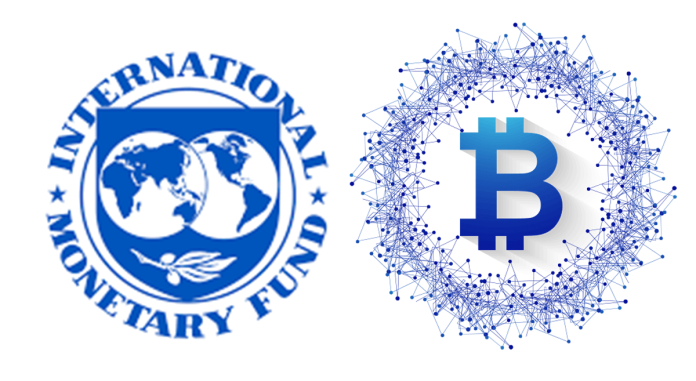The G20 countries have been alerted to the dangers posed by people’ growing use of digital currency by the International Monetary Fund (IMF).
Days after Silvergate Bank and Silicon Valley Bank failed, the “Macrofinancial Consequences of Crypto Assets” report was made public during a G20 summit in India. In terms of both internal and external stability, digital currencies pose a wide range of hazards to the economies of G20 countries, claims the paper.
The IMF is most concerned about the possibility that rising use of digital currencies could impair the efficacy of monetary policy. The local economy will inevitably “cryptoize” as more people switch from fiat to digital currencies denominated in foreign currencies, according to the IMF.
The lack of sufficient support for stablecoins, which the IMF claims might cause a ripple effect throughout the larger financial system, is another area of concern. As demonstrated by the de-pegging of TerraUSD (UST), which resulted in billions of dollars in losses, runs on stablecoins have the ability to cause the liquidation of reserves.
Regarding external stability, the IMF warned that greater adoption might have a negative impact on the Global Financial Safety Net (GFSN) and the stability of capital flows, which would reduce the effectiveness of the payment system. The paper also mentions the potential of countries utilizing digital currency networks to cut themselves off from the global push for better cross-border payment functionalities.
“A widespread proliferation of crypto assets comes with substantial risks to the effectiveness of the monetary policy,” the report read. “Moreover, changes may be required to central bank reserve holdings, and the global financial safety net, yielding potential instability.”
Not all doom and gloom
Although the IMF report to the G20 seemed to be in favor of digital currencies, it nonetheless managed to point out certain advantages of their use. According to the study, blockchain technology could offer greater operational resilience in the financial sector than centralized organizations.
The dangers associated with open architecture, which permits certain bad actors to contribute dangerous code, and a shift away from commercial bank deposits could have an impact on financial institutions’ capacity to make loans are other issues that worry the IMF.















